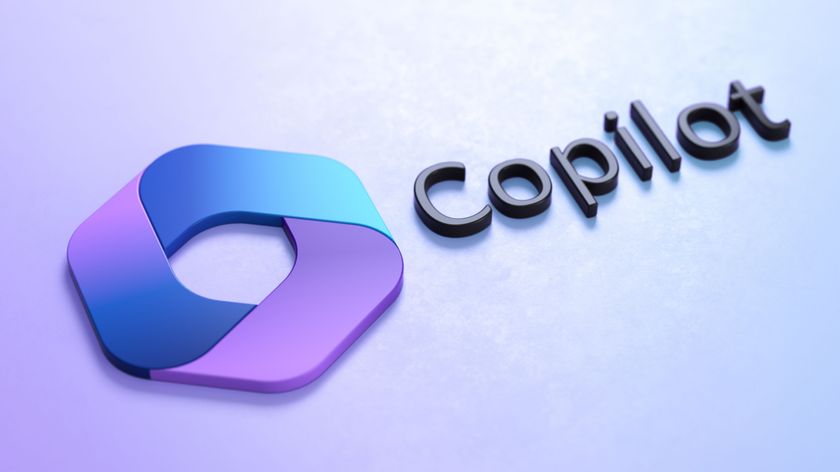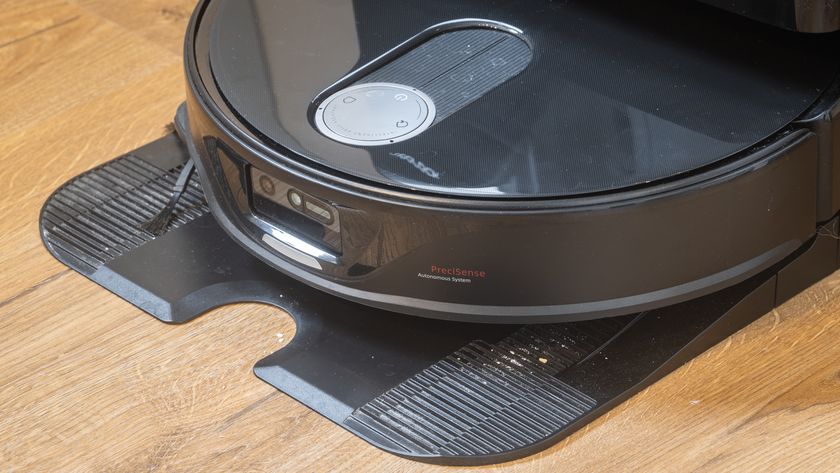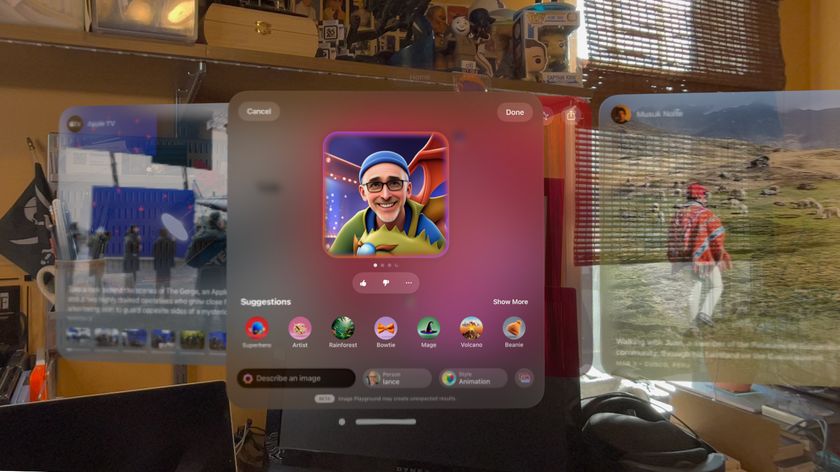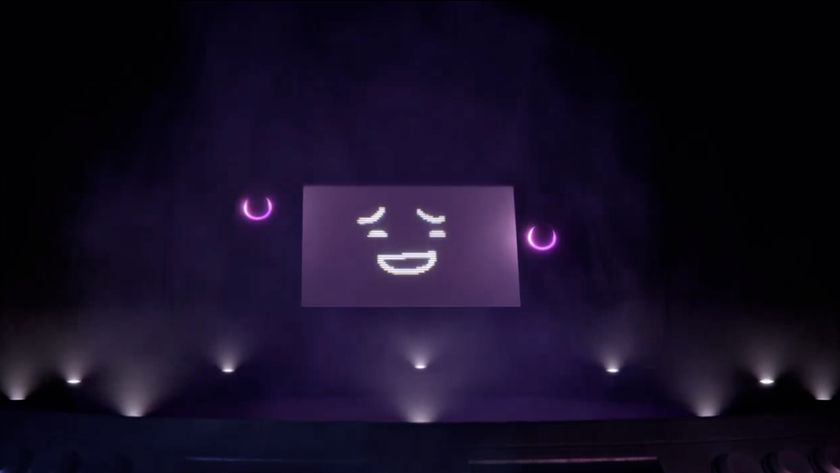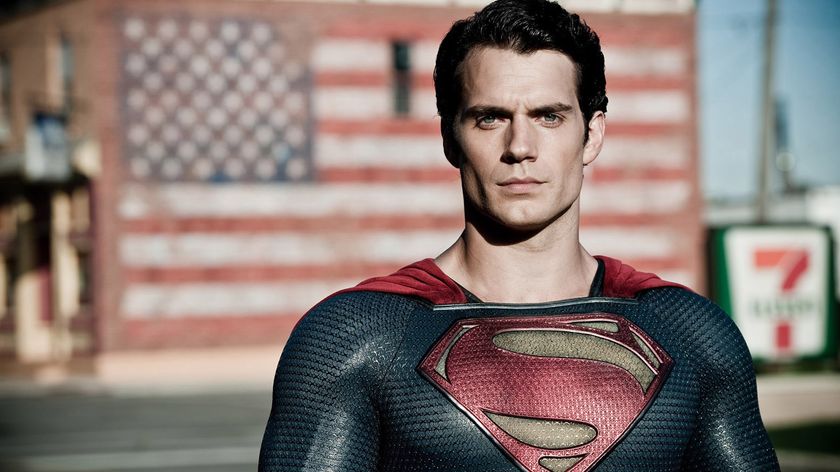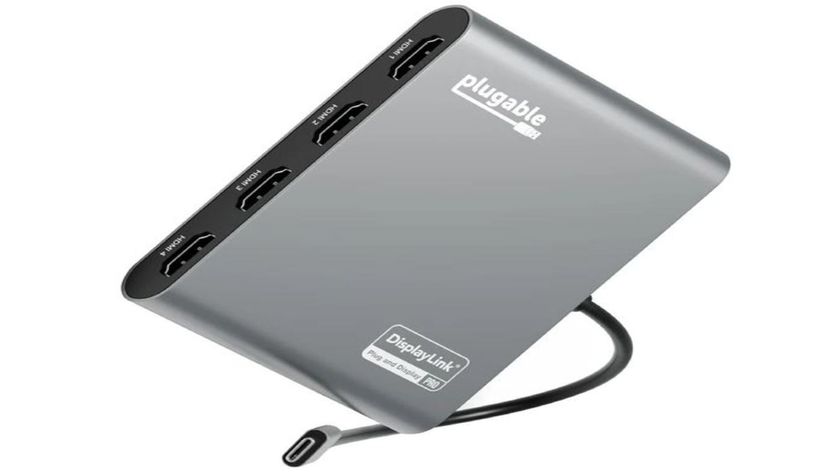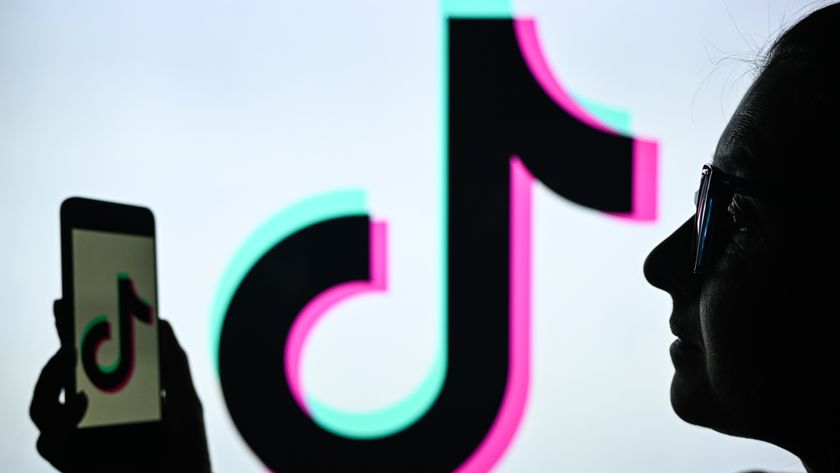Is the App Store Apple's biggest PR disaster?
Devs criticise approvals process, pricing and rating system
Gruber reckons "Apple should switch to a policy whereby apps are only rejected on the basis of technical compliance. If an app works, uses only published APIs and does what it claims to do, Apple should release it and let the market decide."
He thinks that, as with bookshops, subjectivity should largely be removed, benefitting developers and users alike, adding that the current process is strained: "And if the store continues to grow, this will only get worse".
Developers also complain about how long approvals take, and that even minor updates to previously approved apps can be rejected. "Worse, if a critical bug is discovered, you're subjected to the standard review process, without any means to expedite an update," says Carnie.
"Sometimes, the developer has to pull the app – they can't even revert to a prior version." To solve this, Tweetie author Loren Brichter says Apple should "create a whitelist, enabling proven developers to push out updates faster".
Criticism of App Store prices
App Store prices are also criticised. At the time of writing, more than half of charting apps were at the lowest pricepoint, 59p (99¢ in the US). Often, buyers wait for prices to drop and have a warped perception of good value – it's common to see £1.19 games branded a 'rip off', despite similar games on competing systems being 20 times as expensive.
"The rush to 99 cents is fascinating, and in some regards a great experiment in economics – supply and demand," says Gruber. "But there's bias towards the cheapest apps, because of the best-seller lists. Once an app gets there, it tends to stay, due to these lists being where users go to find apps." The result is that few developers make large sums; most don't, even for apps that should be successful.
Get daily insight, inspiration and deals in your inbox
Sign up for breaking news, reviews, opinion, top tech deals, and more.
Developers are split on App Store pricing. Brichter argues Tweetie's doing well, despite free alternatives being available: "And Things is $9.99, but successful, so you should just make great apps and not rely on App Store rankings for marketing."
Montgomerie is more sympathetic, urging Apple to revisit how apps are presented: "Apple must reduce the expectation that all iPhone software should be cheap. In my childhood, videogames had separate full-price and budget charts. Something similar could work for the App Store."
Deficient ratings
Apple's ratings system is also considered deficient, its movie-like grading horribly flawed, confusing rather than reassuring. "Parents might want to restrict what children can use, but the system should indicate what an app actually does," says Montgomerie, whose harmless eReader is now rated 17+.
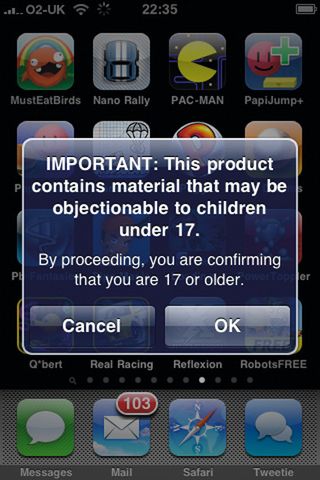
"For example, 'allows internet access' is very different to 'Frequent/Intense Mature/Suggestive Themes', and per-app restrictions would be useful – I can see parents being fine with a 13-year-old using Eucalyptus, but not allowing access to things like 'Adult Exotic Babes'…"
Overall, though, even those critical of the App Store admit Apple's got most things right. "The experience is excellent. Buying and installing apps isn't just for geeky iPhone users, but for all of them – that's a huge win for Apple," enthuses Gruber.
And rejection isn't always all bad – Montgomerie and Brichter noted sales spikes due to the extra publicity, although that's of little consolation to devs with apps that aren't eventually approved, nor anyone making random changes to apps in the hope they'll be accepted.
Apple is listening
There are signs that things are changing. Senior Apple executive Phillip Schiller recently emailed Gruber regarding Ninjawords and the App Store in general, noting: "While we may not always be perfect in our execution […], our efforts are always made with the best intentions, and if we err we intend to learn and quickly improve."
And from Apple's recent response to the FCC regarding controversy surrounding apps leveraging on Google Voice technology, it's clear Apple's suffering growing pains – apps get as little as six minutes per review and are tested twice. It's no wonder some rejections are asinine.
Montgomerie thinks recent rejections have at least been more outwardly consistent, and Schiller's openness gives cause for hope. However, on the day this article was written, Convertbot by Tapbots was rejected for having a Time icon that Apple thought too similar to the Recents icon in its iPhone app.
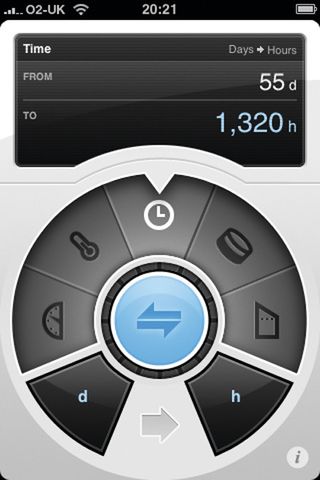
With a unit conversion app icon and iPhone icon being as dissimilar as they get (making Apple's 'confusion' angle questionable) and three previously approved Convertbot releases having the same icon, it's clear the App Store has a long way to go.
------------------------------------------------------------------------------------------------------
First published in MacFormat Issue 214
Liked this? Then check out 20 classic Apple App Store rejections
Sign up for TechRadar's free Weird Week in Tech newsletter
Get the oddest tech stories of the week, plus the most popular news and reviews delivered straight to your inbox. Sign up at http://www.techradar.com/register
- 1
- 2
Current page: How Apple can fix approvals, prices and ratings
Prev Page Frustration at the App Store

